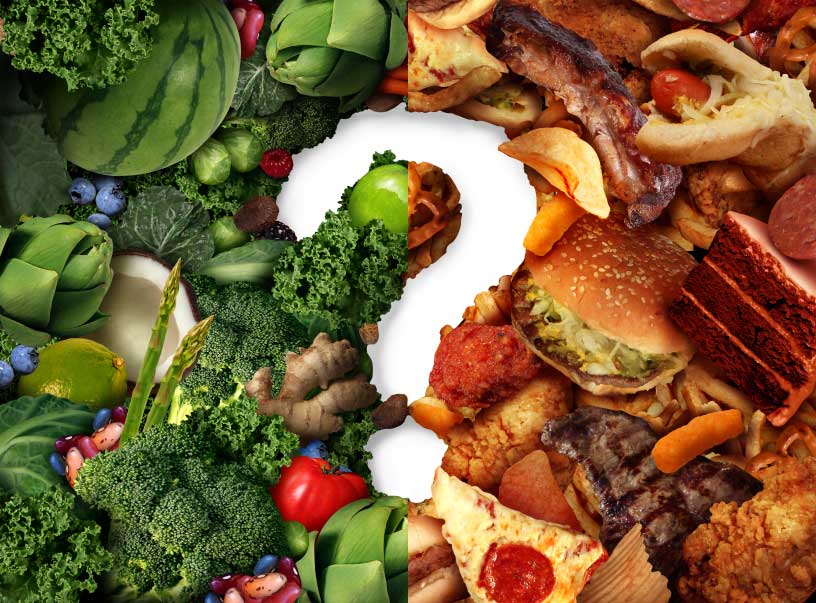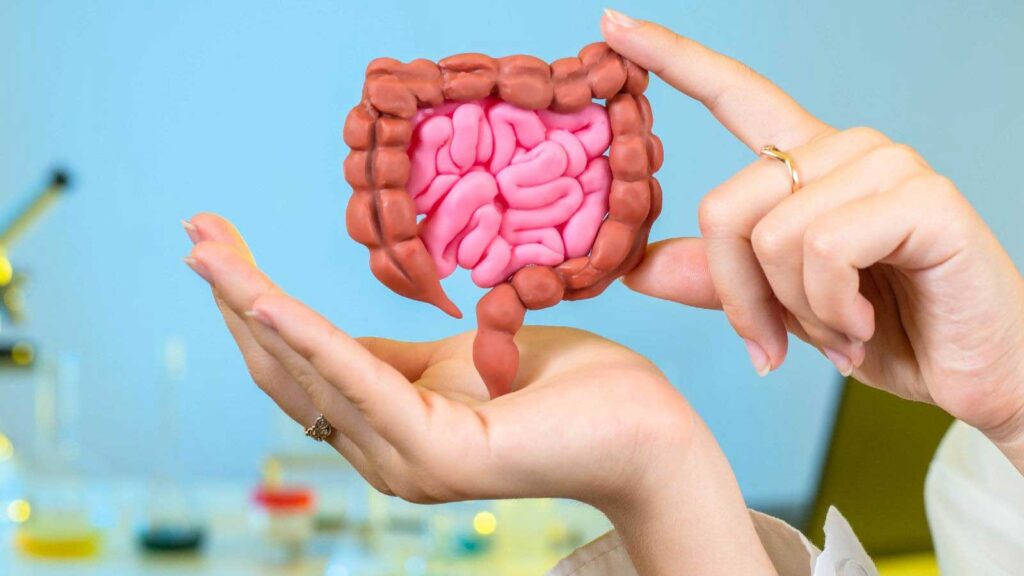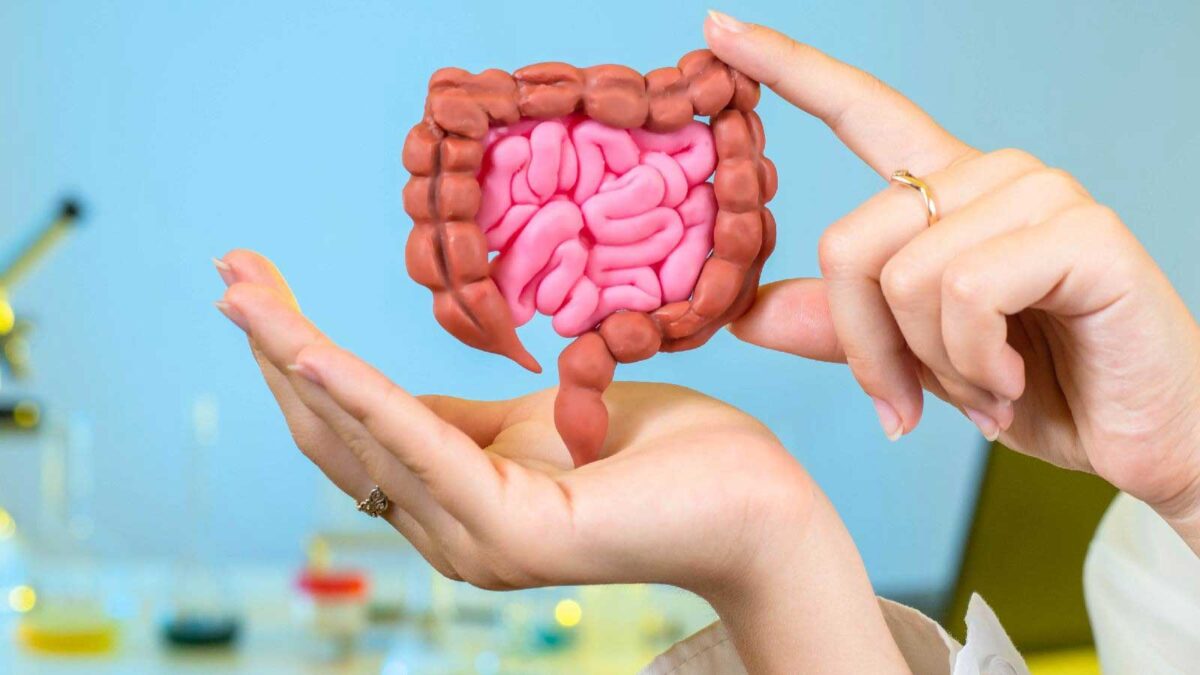Good digestion is essential for overall health and well-being. However, many people experience digestive discomfort and issues, such as bloating, gas, indigestion, and constipation, due to their dietary choices. What we eat plays a significant role in how our digestive system functions. While some foods promote better digestion, others can be problematic and lead to digestive disturbances. In this blog, we will explore foods to avoid for better digestion and discuss tips for maintaining a healthy digestive system.
Fatty and Fried Foods
Fatty and fried foods can be hard to digest, as they require more stomach acid and time to break down. These foods can slow down digestion and lead to feelings of heaviness, bloating, and discomfort. Avoiding or reducing the intake of greasy and deep-fried foods can be beneficial for better digestion.

Spicy Foods
Spicy foods, especially those containing hot peppers and chilli, can irritate the lining of the stomach and cause heartburn or indigestion. For individuals with sensitive digestive systems, it’s best to limit the consumption of spicy dishes.
Processed Foods
Processed foods are often high in refined sugars, unhealthy fats, and artificial additives, all of which can be harsh on the digestive system. Opting for whole, unprocessed foods instead can support better digestion and provide more nutrients to the body.
Carbonated Beverages
Carbonated beverages, such as soda and sparkling water, can lead to bloating and gas as they introduce extra air into the digestive system. Replacing carbonated drinks with water or herbal teas can be gentler on the stomach.
Dairy Products
Some individuals may have difficulty digesting lactose, the sugar found in dairy products. This can lead to bloating, gas, and diarrhoea. If lactose intolerance is a concern, opting for lactose-free or plant-based milk alternatives can be a better choice.

Cruciferous Vegetables
Vegetables like broccoli, cauliflower, cabbage, and Brussels sprouts contain a compound called raffinose, which can be challenging to digest for some people. Cooking these vegetables thoroughly or consuming them in smaller portions may help with digestion.
High-Fibre Foods
While fibre is essential for digestive health, consuming too much fibre, especially insoluble fibre found in bran and whole grains, can lead to constipation and bloating. Gradually increasing fibre intake and drinking plenty of water can aid in better digestion.
Artificial Sweeteners
Artificial sweeteners, like sorbitol and mannitol, are commonly found in sugar-free gum, candies, and beverages. These sweeteners can be difficult for the body to absorb and may cause gas and bloating. Choosing natural sweeteners like stevia or moderate amounts of honey can be a better alternative.
Tips for Better Digestion
Eat Mindfully: Take your time to chew food thoroughly and savour each bite. Eating slowly and mindfully can help aid digestion.
Stay Hydrated: Drinking enough water throughout the day supports proper digestion and prevents constipation.
Incorporate Probiotics: Consuming probiotic-rich foods like yoghurt and kefir can promote a healthy gut microbiome and aid digestion.
Manage Stress: Chronic stress can negatively impact digestion. Engaging in relaxation techniques like yoga, meditation, or deep breathing can be beneficial.
Listen to Your Body: Pay attention to how your body responds to different foods. Everyone’s digestive system is unique, so finding what works best for you is essential.
Conclusion
Avoiding certain foods and making healthier dietary choices can significantly impact digestion and promote better overall well-being. Reducing the intake of fatty, fried, spicy, and processed foods, along with managing lactose intake, can lead to improved digestion. Additionally, being mindful of portion sizes and choosing fibre-rich foods in moderation can support a healthy digestive system. By making conscious choices and listening to our bodies, we can take proactive steps towards better digestion and a happier, healthier life.

